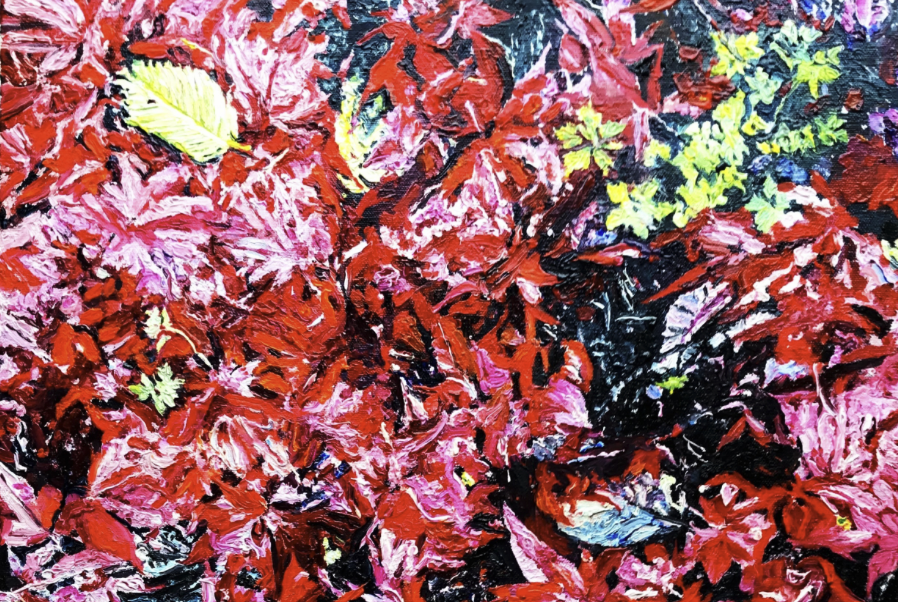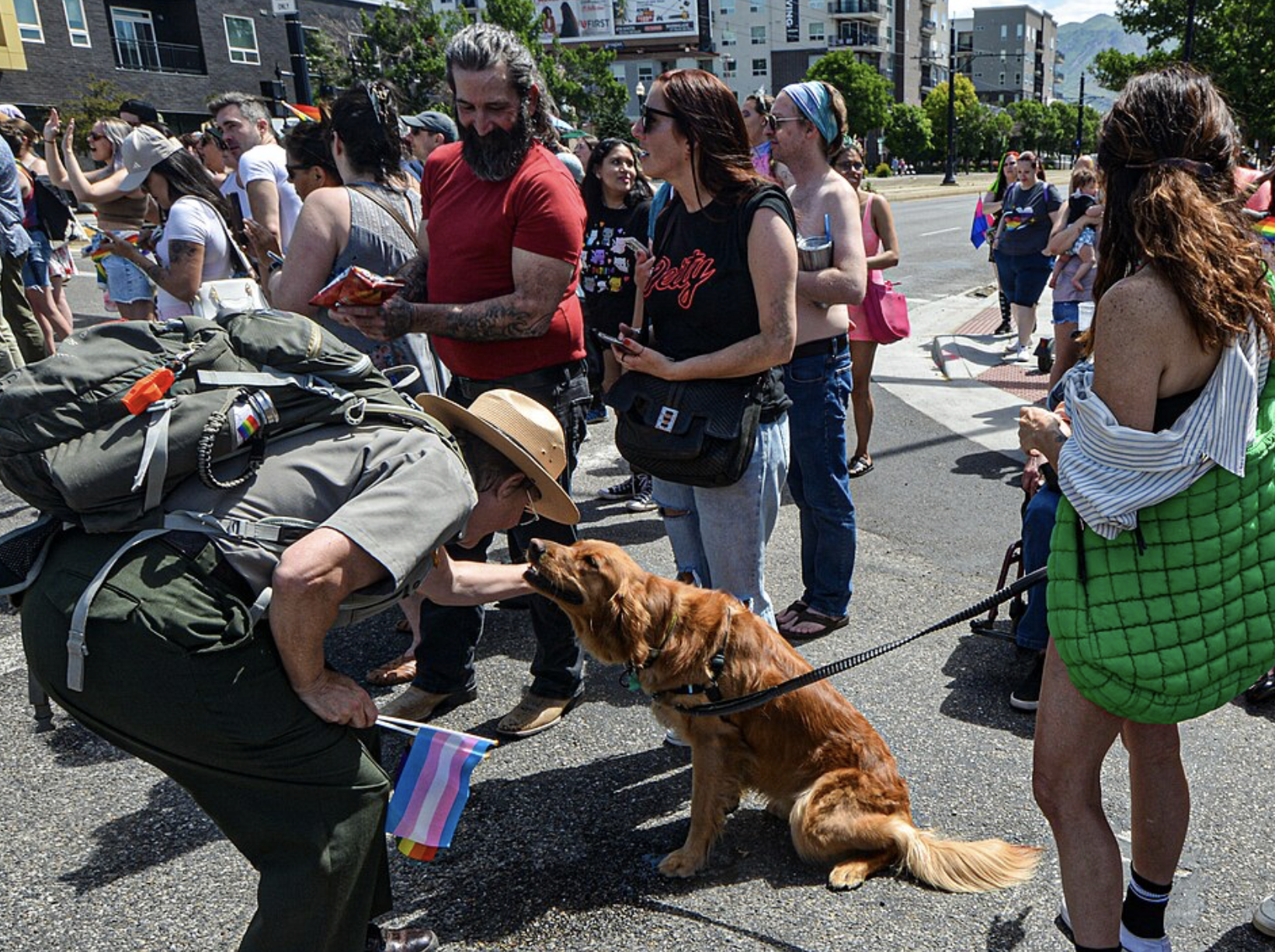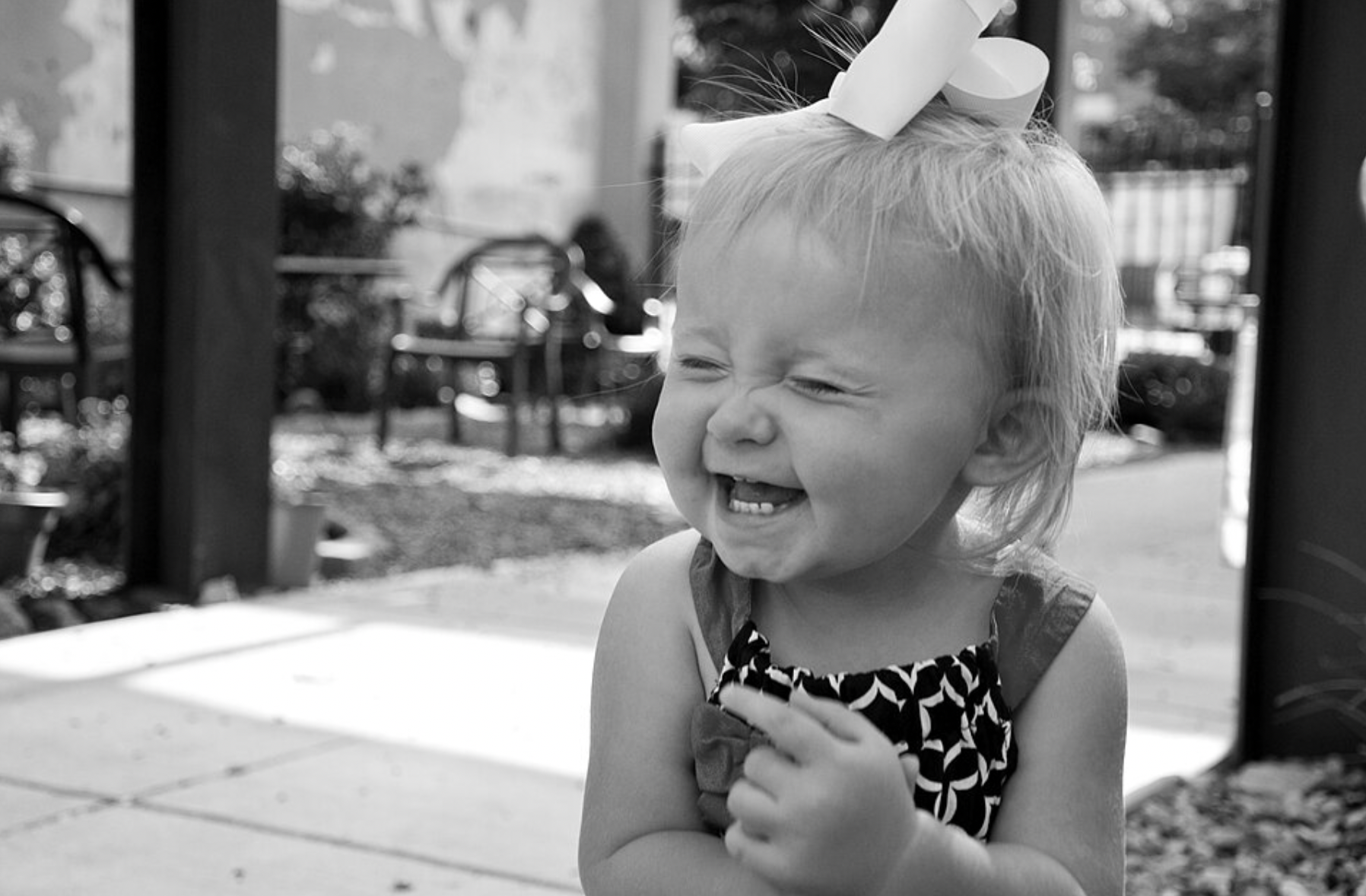A Queer Choice
It's a choice. The way of love, and its companion justice, are always a choice.

For many decades I have been involved in little and sometimes public ways of trying to change both perception and policy regarding Queer clergy and laity in the Anglican Church and, in the last 11 years, the Presbyterian Church. And, while both the Anglican and the Presbyterian Church still discriminate, and therefore still endorse injustice, there has been significant change since I was ordained 40 years ago.
The biggest change being New Zealand society’s widespread tolerance, supported by law, of Queer identity and relationships. The prejudice and persecution of past times, still from time to time raising their ugly heads, are no longer acceptable. This is particularly noticeable among younger people.
And church denominations, like the two just named, even I suspect among their more conversative congregations, are embarrassed by the discriminatory policies still on their books. For although many conservative church leaders hold discriminatory views from yesteryear, they seem to be aware of the dissonance between their prejudicial beliefs and the understandings and experience of their younger members. And sometimes members of their own family.
A few years ago, I assisted a same-gender couple, who were significantly involved in a large fundamentalist church, celebrate their marriage. What I remember, apart from the joy of the occasion, was the presence and unconditional support of their parents. The parents were all well-known leaders in Christian fundamentalism. Their love for their children had taken them to a place at odds with the mainstream of their denomination. I might be wrong, but I do not think that would have happened 40 years ago.
I am musing on this today for two reasons.
Firstly, I read one of the prejudice and persecution horror stories from the past. Not too distant past. 1975. And I thought how stories like this are still happening in many parts of the world. And how its important not to forget those who have suffered, and those who are still suffering.
I read of how in the last days of Franco’s dictatorship a 17-year-old, Antoni Ruiz from Valencia, just 17, told his mother that he was gay. His family sought advice from a nun. The nun went straight to the police. Antoni was arrested and sent for trial. He spent three months in prison. He was raped and psychologically tortured by the guards and prison doctor.
Other Queer men during Franco’s time were locked up in ‘correction camps,’ given electric shocks, and forced to watch pornographic heterosexual movies. Although thousands of political and other prisoners were pardoned in 1976, Queer men were left in jail to serve their sentences.
It is important not to forget those who have suffered, and those who are still suffering. And let the remembering fuel our desire for a different, just world.
And secondly, I’m musing on this because I was asked by a woman in her 40s for a copy of sermon I had written, and a short paper by the biblical theologian Walter Wink, about the Bible and homosexuality. The woman attended one of those large fundamentalist churches mentioned above where the subject isn’t really talked about, but it’s assumed the Bible is really ag’in it.
So, I re-read the sermon and Wink’s paper and thought how we have always had to choose which side we’re on. The Bible is not an escape mechanism from that. We have to choose, if we read the Bible, which verses we consign to the past and which verses guide us in our present. We have to choose, like the parents of those brides, whether to be guided by our love or by the normative understanding of their church. We have to choose, like the nun in Valencia, whether we let our encultured prejudices and fears be confirmed or be challenged by the Bible.
It's a choice. The way of love, and its companion justice, are always a choice.
Glynn
(Photo: this is the Pride Pledge flag. St Luke's is part of the Pride Pledge movement)




